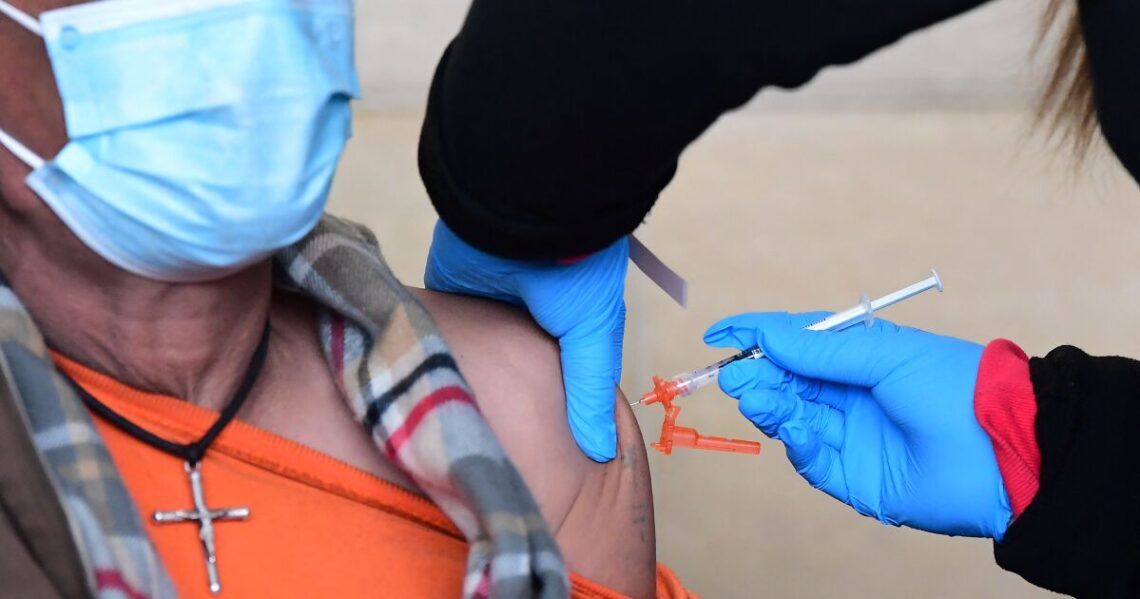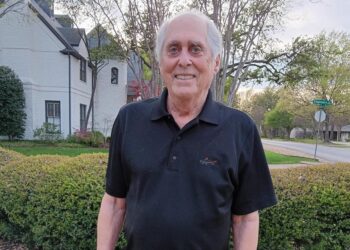The Centers for Disease Control and Prevention this week signed off on a more flexible booster shot schedule for those at higher risk of COVID-19.
Who is eligible?
- People 65 or older who have already had a bivalent booster at least four months ago can now roll up their sleeves again.
- Anyone getting a dose of the Pfizer or Moderna vaccines will receive an updated “bivalent” shot rather than the original formula.
- Most people with weakened immune systems can choose a second bivalent booster at least two months after their first — they could also be eligible for additional doses per their physician’s recommendations.
Dr. Peter Chin-Hong, an infectious diseases specialist at UCSF, joined Larry Mantle on LAist’s public affairs show AirTalk to discuss what you need to know about eligibility for this new booster. Here are some key takeaways from Chin-Hong:
Who would benefit most from getting boosted?
Dr. Chin-Hong emphasizes that this booster is a “could” rather than a “should” recommendation.
“I think the big point is that as a population we’re much more immune than ever before,” Chin-Hong says. “But the highest risk is really in a senior population.”
He says about 250 people in the U.S. are still dying from COVID-19 every day, and the median age of those dying is 75. This could be because older folks’ immunity from the vaccine wanes the fastest, possibly around the four-month mark.
That’s where the additional booster can help. There’s some biological and clinical evidence that the vaccine and booster reduce the risk of contracting long COVID by about 25% to 50%, he says, in addition to reducing the odds…
Read the full article here







